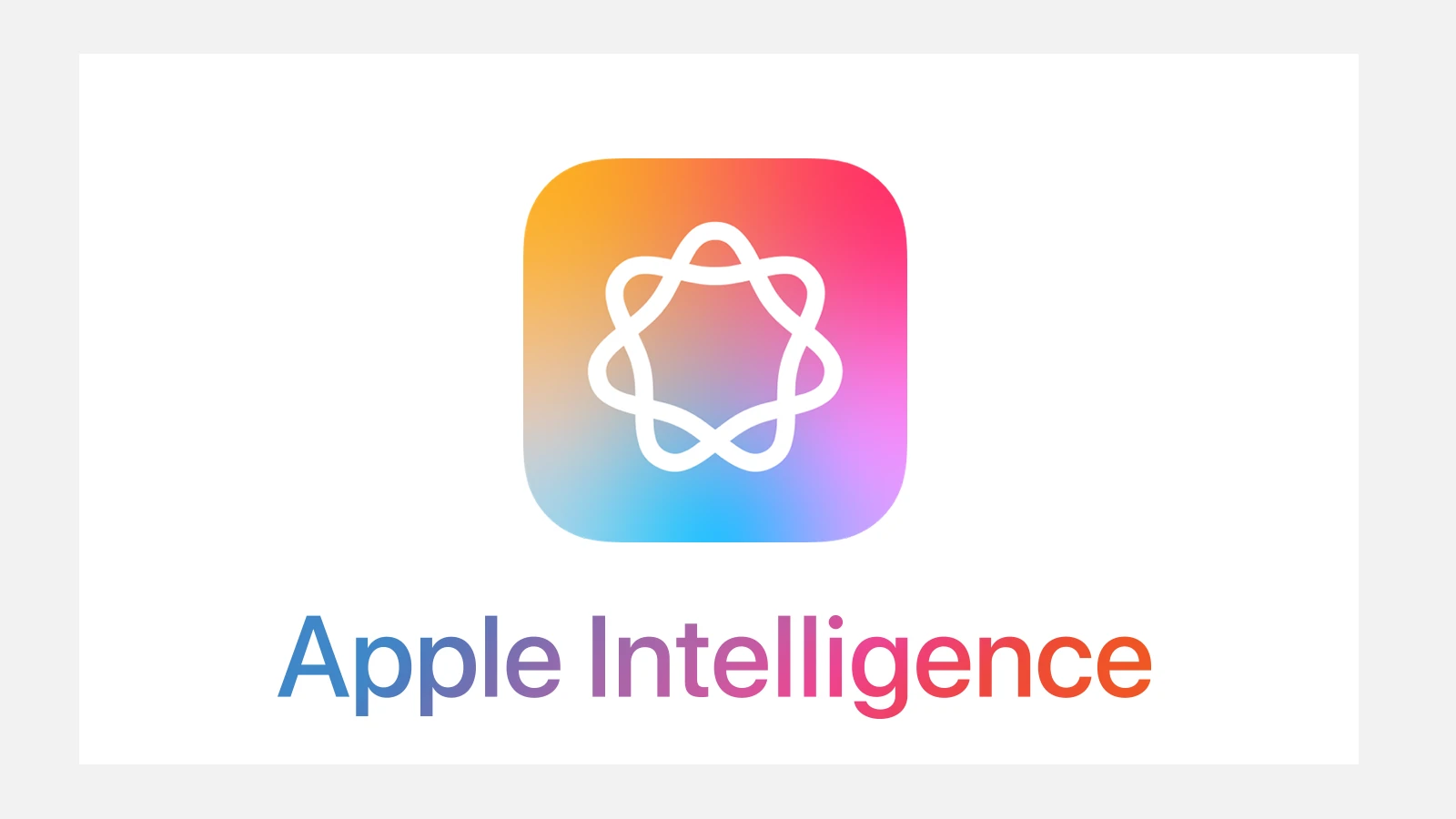Apple’s recent software updates have significantly increased the storage space required for its new Apple Intelligence features, prompting users to have to free up room by deleting unused apps, photos, and videos or consider device upgrades. The storage demand has risen from 4GB to nearly 7GB, with some users potentially needing over 20GB across multiple devices.
This shift emphasizes the need for users to adapt their storage strategies as Apple integrates more powerful AI features while aiming to enhance privacy by processing data locally. The changes raise important questions about device longevity, the balance between privacy and storage needs, and the future of on-device AI.
Understanding Apple Intelligence Storage Needs
What is Apple Intelligence?
Apple Intelligence is Apple’s push into on-device AI. It powers features across iPhones, iPads, and Macs. These features include things like generating emojis (Genmoji), using ChatGPT within Siri, and creating images with Image Playground. Processing data on the device is meant to boost privacy and improve speed. It avoids sending your information to distant servers.
The Rise in Storage Demands
Apple Intelligence first needed 4GB of free space per device. Now, it needs 7GB. This nearly doubles the original requirement. This change is due to the new AI features Apple has added. These new features use more processing power and need more storage space for their models and data.
Storage Impact Across Apple Devices
The 7GB requirement applies to all devices that support Apple Intelligence. If you use it on an iPhone, iPad, and Mac, you will need 21GB of free space (7GB x 3 devices). This can be a problem for people with devices that have smaller storage capacities, such as 64GB or 128GB.
Why On-Device AI Uses More Storage
On-device AI keeps your data on your device. This is good for privacy. It also means the device must store the AI models and data it needs to function. This is different from cloud-based AI, where the processing happens on remote servers. Cloud AI uses less storage on your device, but it sends your data to those servers.
Comparing On-Device and Cloud AI
| Feature | On-Device AI (Apple Intelligence) | Cloud AI |
|---|---|---|
| Privacy | High (data stays on device) | Lower (data sent to servers) |
| Speed | Potentially faster for some tasks (no internet needed) | Dependent on internet connection |
| Storage Use on Device | Higher | Lower |
| Cost to Run | Lower – processing happens on the device | Higher – requires server infrastructure |
What This Means For You
If you plan to use Apple Intelligence, make sure you have enough free storage. If you have a device with limited storage, you may need to delete some apps, photos, or other files. You cannot pick and choose which Apple Intelligence features to keep to save space. It’s an all-or-nothing system. As Apple adds more AI features, the storage requirements could go up even more. This could be a problem for people who keep devices for many years, as system updates with new AI features could require more storage than the device has available.
Alternatives to Apple Intelligence
If storage space is a big concern, you could consider alternatives that rely more on cloud processing. For Siri requests that require more complex processing, Siri sometimes uses cloud processing. Some apps also offer AI features that run primarily in the cloud. These might use less storage on your device but could raise privacy concerns for some users.
Future of Apple Intelligence and Storage
It is likely that Apple will find ways to optimize the storage use of Apple Intelligence in the future. They may develop more efficient AI models that require less space. They might also offer ways for users to manage storage related to AI features better. For now, users should be aware of the storage needs and plan accordingly.
The Impact of AI on Device Lifespan
The increasing storage demands of AI could affect how long people keep their devices. If future iOS updates require significantly more storage for AI features, older devices with limited storage may become obsolete sooner. This could push people to upgrade their devices more often. This is something to consider when buying a new device. Thinking about storage needs for future software updates is now just as important as the storage needed for current usage. In the past, processor speed and RAM were the main factors in device longevity. Now, storage space is a key factor as well.
The growth of AI in mobile devices also has an impact on data plans. While on-device AI reduces the need for constant data transfers, some features, especially those that interact with the internet or use cloud-based components, will still use data. As AI becomes more integrated, users may find that they need larger data plans to support these features, even if the core processing is done locally.
In short, the increasing storage needs of Apple Intelligence are a sign of the growing importance of AI on our devices. While on-device AI offers many benefits, it also presents new challenges for users and device makers. Understanding these challenges can help you make informed decisions about your technology use.
Short Summary:
- The storage requirement for Apple Intelligence has increased from 4GB to 7GB with recent updates.
- This increase affects iPhone, iPad, and Mac devices, particularly for users with limited storage options.
- Future updates may lead to even higher storage demands, urging users to reassess their storage needs.
Apple has recently made headlines with its announcement that the new Apple Intelligence feature set will now demand significantly more storage from users. Initially rolled out in September 2024 with the release of iOS 18.1, the requirement for on-device storage was set at 4GB. However, this number has nearly doubled, now requiring 7GB following the rollout of iOS 18.2 and subsequent updates. Users of compatible devices, including the iPhone 16, iPhone 15 Pro, iPhone 15 Pro Max, along with various iPads and Macs equipped with Apple’s M1 chip or later, are feeling the impact of this increase.
According to Apple’s official documentation, the requirement applies universally across all supported devices, meaning that if you own multiple Apple devices, the storage burden effectively multiplies. For instance, if you attempt to utilize Apple Intelligence on your iPhone, iPad, and Mac, you would need a staggering 21GB of free storage. Unfortunately, Apple has indicated that users cannot alleviate this requirement by disabling certain features, leaving many with tight storage situations.
The storage requirement has risen as Apple integrates more AI capabilities, which necessitate more storage for on-device processing.
The increase in storage usage is primarily attributed to features introduced in the latest updates, which enrich Apple Intelligence with new tools and capabilities. Noteworthy additions from iOS 18.2 include:
- Genmoji: A feature that allows users to create custom emojis using AI.
- ChatGPT Integration: Users can now engage ChatGPT through Siri, enhancing conversational capabilities.
- Image Playground: An innovative tool for generating and manipulating images.
- Visual Intelligence: A powerful feature aimed at recognizing real-world objects through the camera.
- Compose with ChatGPT: Provides context-aware writing assistance across various applications.
These features fall under the generative AI umbrella, a category known for its high demands on computing resources, thereby necessitating additional on-device storage. As Apple continues to roll out more functionalities, storage requirements are expected to expand even further. Current estimations suggest that the storage demand could rise to 10GB as new Siri capabilities are integrated in the upcoming iOS 18.4 update.
Mark Gurman, a notable journalist from Bloomberg, speculates, “Apple’s AI developments are evolving rapidly, and with Siri enhancements on the horizon, users should be prepared for further increases in storage needs.”
In response to this ongoing evolution, Apple’s approach emphasizes privacy and efficiency; thus, many AI functions operate directly on the device instead of relying on cloud-based processing. While this ensures quicker responses and better privacy protection, it exacerbates the issue of storage depletion.
For users concerned about meeting these new storage requirements, now is the time to take stock of personal device usage. With the immediate future brimming with the promise of more powerful AI features, investing in higher storage configurations may be prudent. Considering the appeal of Apple’s AI capabilities, particularly those integrated with Siri, the interest among consumers for devices with ample storage space is likely to surge.
Apple’s CEO, Tim Cook, expressed his enthusiasm about the transformation these features will bring:
“We are thrilled to introduce a new chapter in Apple innovation. Apple Intelligence will transform what users can do with our products — and what our products can do for our users.”
As the tech giant continues its rollout of Apple Intelligence, it remains clear that enhancing user experience comes with the price of increased storage demands. Those looking to upgrade, especially to devices like the newer iPhone models, should consider choosing space configurations that can accommodate the anticipated growth in features.
Moreover, users experiencing storage crunch can monitor their usage by navigating to Settings > General > iPhone Storage to see how much space Apple Intelligence occupies on their devices. With iOS 18.x continuing to evolve until the launch of iOS 19, future updates may bring about even more substantive changes in the landscape of Apple’s offerings.
As part of this development, Apple may expect to expand language support for its AI features, allowing broader global access. Starting in 2025, anticipated languages include Chinese, Hindi, French, German, Japanese, and more, ultimately catering to a wider audience. The competing global landscape may also drive Apple to push for faster and more efficient storage solutions to retain its edge.







